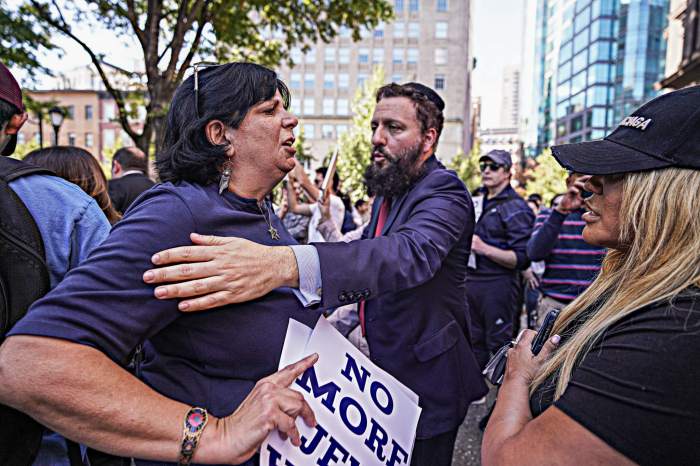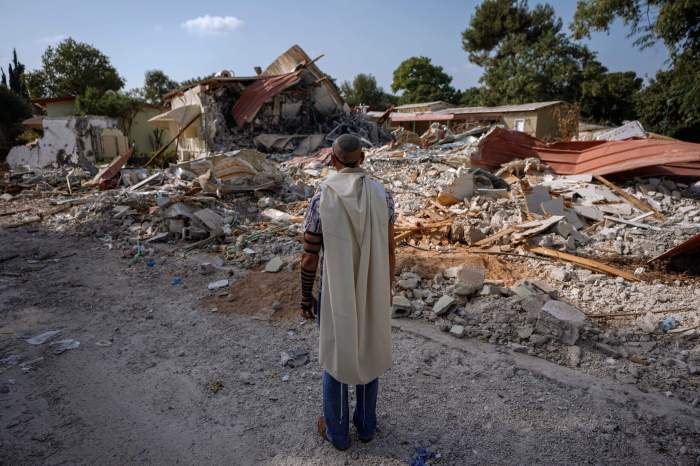
In his first major policy address since the election, Mayor-elect Bill de Blasio said Monday the city has arrived at a moment for “transformational change” in the way its 1.1 million public-school students are educated.
He’s assembling a policy group to work out details for providing a free prekindergarten program to all city children, a signature campaign issue. And he wants to give all middle-school pupils access to free after-school programs.
We have no argument with either of those goals. But we do have a problem with the way de Blasio would make them happen.
First the programs: They could make a major difference as educators struggle to find better ways to prepare kids for higher education or the job market. Given time, they could also help close the gap between rich and poor.
As de Blasio correctly notes, prekindergarten helps prepare children for learning. And an expanded after-school program would provide supervision for middle-school kids who too often wind up on the streets until their parents get home from work.
There’s plenty of room for the city to improve.
Of 68,000 kids eligible for pre-K in the five boroughs, only 20,000 are in programs now, de Blasio says. And in some parts of the city, he insists, the competition for seats is so severe that children face tougher odds trying to win a pre-K slot than high schoolers face when they’re applying to Columbia or Yale.
At the same time, the city has lost 30,000 after-school seats since 2008. That’s alarming in a town where half of all households are headed by single parent.
But now the problem: De Blasio says the city needs an income-tax hike on those making more than $500,000 a year to ensure a dedicated source of money — estimated at $530 million a year — for school reforms. He says he wants to make sure the programs don’t vanish at the first sign of hard times. Neither do we. But in New York, high incomes tend to be tethered to a cyclical Wall Street, which isn’t always the best place to weather a downturn.
Better to find another way.

















